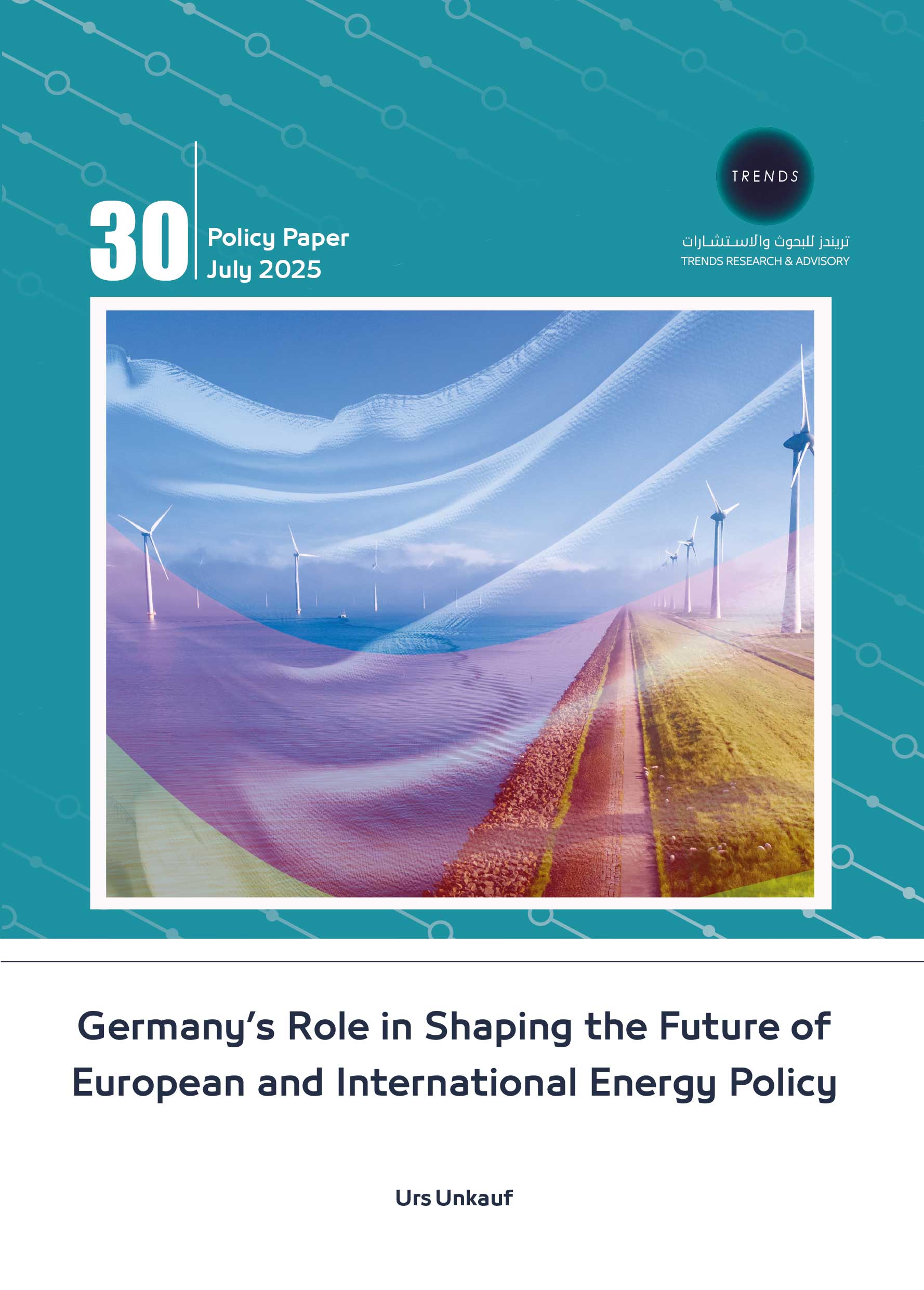As the European Union’s largest economy and a pioneer of the Energiewende (energy transition), Germany plays a significant role in directing energy policy trends in Europe and internationally. In recent years, this role has only grown in prominence amid accelerating global momentum for sustainable energy and the geopolitical upheavals affecting energy security. Germany has set ambitious national targets – including a legally binding goal of net-zero greenhouse gas emissions by 2045 – and has aligned its policies with the EU’s goal of climate neutrality by 2050. Domestically, Germany’s energy transition has already seen renewable sources climb to almost half of its electricity mix and a complete phase-out of nuclear power, reflecting a strategic commitment to green energy. However, the road to a climate-neutral economy also poses challenges in maintaining energy reliability and affordability during the transition. This balance between ambition and realism has defined Germany’s approach: it pairs aggressive investment in clean technologies with interim measures to secure fossil fuel supplies as bridging solutions.
On the international stage, Germany actively exports its energy transition philosophy through diplomacy and multilateral engagement. Nowhere is this more evident than in the Berlin Energy Transition Dialogue (BETD), an annual conference launched in 2015 that has become a flagship forum for global clean energy cooperation. Each spring in Berlin, German ministers convene hundreds of high-level delegates – from over 50 to 100 countries – to share strategies and forge partnerships for a sustainable energy future. These dialogues have coincided with critical junctures in global climate action, from the Paris Agreement to successive COP summits. The 2024 BETD took stock of the COP28 climate conference in the UAE, where the world agreed to “triple renewable energy capacity globally by 2030 and double the annual energy efficiency growth rate.” By the time of BETD 2025, the focus had shifted squarely to implementation – turning lofty targets into concrete action. Germany used the 2025 Dialogue to champion a vision of the global energy transition as an opportunity for sustainable economic development, energy security, and international stability. This policy paper will explore how Germany’s leadership at BETD 2025 and beyond is shaping European and international energy policy while navigating the pragmatic need for transitional fossil fuels and deepening cooperation with energy-rich partners like the UAE and other GCC countries.





